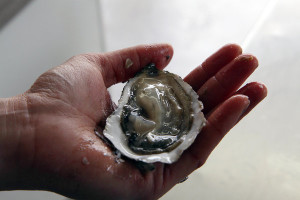FOR IMMEDIATE RELEASE
May 3, 2012
Court Grants HARDI Opportunity to Challenge Department of Energy’s Decision-Making
U.S. Court of Appeals for the D.C. Circuit Referred Heating and Air-conditioning Group’s Claims to a Merits Panel for Further Review
WASHINGTON – Cause of Action, the government accountability group fighting against federal agency overreach and abuse, today responded to an order by the U.S. Court of Appeals for the D.C. Circuit regarding its client, Heating, Air-conditioning, and Refrigeration Distributors International (HARDI), and their fight against the Department of Energy (DOE).
Violating both congressional intent and long-standing agency practice, the DOE exceeded its statutory authority when it circumvented required procedural protections to issue a direct final rule that imposes new energy efficiency standards.
“Despite the government’s efforts to prevent our client, Heating, Air-conditioning, and Refrigeration Distributors International (HARDI), from making its case, the U.S. Court of Appeals for the D.C. Circuit has rightly afforded HARDI the opportunity to be heard,” stated Executive Director Dan Epstein of Cause of Action. “By sending this case to a merits panel for further briefing, the D.C. Circuit has given HARDI a chance to explain how the Department of Energy’s abuse of the Direct Final Rule process has real costs on thousands of HVAC distributors and therefore millions of Americans.”
The D.C. Circuit also granted an emergency motion for a stay of a compliance deadline for regional energy conservation standards for certain furnaces.
“We have long believed that this regulation would have a negative impact on the many small businesses in the HVAC industry. The DOE’s abuse of process in establishing the standard is a classic example of why the small business community is frustrated with Washington,” stated Jon Melchi, Director of Government Affairs of HARDI. “We are pleased that we will have an additional opportunity to state our case and protect our members.”
The court document can be found here.
